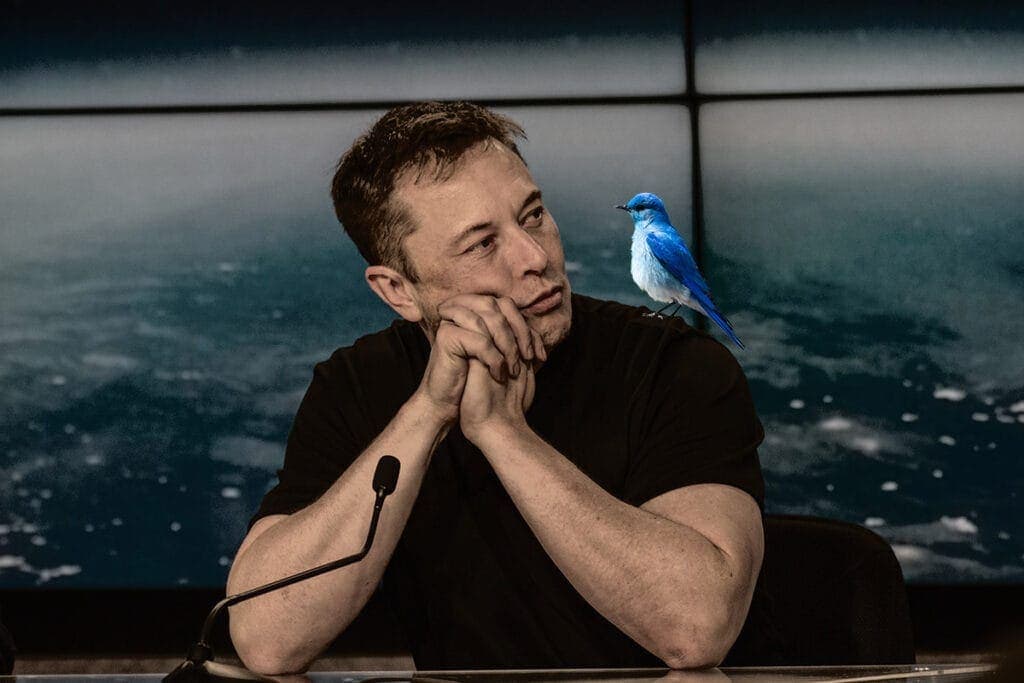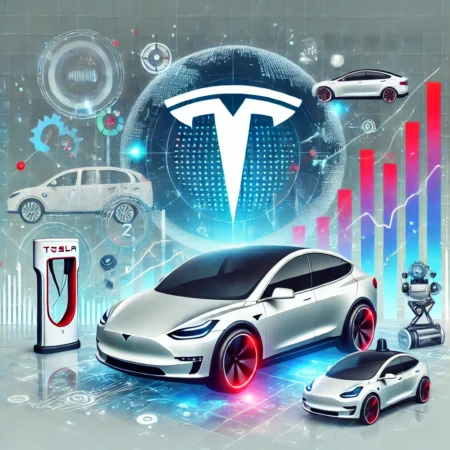In a surprising twist, billionaire Elon Musk has stirred the media world once again, teasing the idea of acquiring MSNBC amidst its impending spin-off from Comcast. The announcement of Comcast separating MSNBC, CNBC, and other cable assets into a new entity, SpinCo, has sparked curiosity and conjecture about the future of these media outlets.
Let’s break down the key details of this development and what it could mean for the media landscape, while exploring Musk’s controversial involvement.
The Spin-Off: What’s Happening with MSNBC?
Comcast, the telecommunications giant, announced plans to offload its cable networks, including MSNBC and CNBC, into a separate entity. While the company insists that these assets aren’t for sale, analysts speculate that such a spin-off could leave the networks financially vulnerable.
Media experts note that this move severs MSNBC and its peers from Comcast’s stable financial ecosystem, making them more susceptible to market volatility. A CNN analysis states these changes may limit the channels’ ability to compete effectively, particularly in a rapidly evolving digital media landscape.
Musk’s Comments: A Joke or Something More?
Elon Musk, never one to shy away from controversy, jokingly responded to Donald Trump Jr.’s suggestion of buying MSNBC. Musk replied with his characteristic nonchalance, “How much does it cost?” While the remark may have been tongue-in-cheek, it has fueled rumors about the billionaire’s potential interest in the network.
What’s the Context Behind Musk’s Interest?
Musk has a complicated relationship with traditional media, often criticizing mainstream outlets like MSNBC for what he perceives as biased reporting. His comments align with a broader trend of distrust in legacy media among right-leaning figures. If Musk were to make a serious bid for MSNBC, it would mark another milestone in his disruptive ventures, akin to his acquisition of Twitter (now X).
Is MSNBC for Sale?
While Comcast has denied immediate plans to sell MSNBC, the spin-off raises questions about its future viability. Historically, MSNBC has seen fluctuating ratings, with significant growth during the Trump presidency but notable declines in recent years.
A Pew Research study reveals that MSNBC’s viewership dipped substantially in 2022, while competitors like Fox News saw significant gains. Although the network experienced a slight recovery during the 2024 election cycle, its overall trajectory suggests challenges ahead.
Key Questions and Answers
- Why is Comcast spinning off MSNBC?
The move is likely a strategic decision to streamline Comcast’s portfolio. By separating its legacy media assets, Comcast can focus on its core business while potentially reducing financial risk. - What challenges will MSNBC face post-spin-off?
Without Comcast’s financial backing, MSNBC will need to rely heavily on its own revenue streams, which could be a challenge in the declining network news industry. - Could Musk realistically buy MSNBC?
While highly speculative, Musk’s potential acquisition of MSNBC would be a bold move. However, his history with media suggests he might use such a platform to further disrupt traditional journalism.
The Broader Picture: Legacy Media’s Struggles
MSNBC’s situation is emblematic of a larger trend. Traditional news networks are grappling with declining viewership and advertising revenue. A report by Deadline highlights that even during election years, overall network numbers have failed to return to their 2020 peaks.
As digital platforms continue to dominate, legacy networks must innovate to stay relevant. For MSNBC, this could mean doubling down on its digital presence or finding new ways to engage its audience.
What If Musk Buys MSNBC?
If Musk were to acquire MSNBC, the implications could be far-reaching:
- Programming Overhaul: Expect a shift in editorial direction, potentially aligning with Musk’s libertarian-leaning ideals.
- Digital Focus: Musk could leverage his experience with X to modernize MSNBC’s digital strategy.
- Polarization: A Musk-owned MSNBC might amplify debates about media bias and freedom of speech.
Conclusion
The spin-off of MSNBC from Comcast signals a pivotal moment for the network and the broader media industry. While Elon Musk’s comments are likely more jest than intent, the mere suggestion underscores the turbulent times legacy media faces.
For MSNBC, the road ahead is uncertain. Will it thrive as an independent entity, or will it become a target for acquisition? Regardless, this story highlights the challenges and opportunities that lie in the intersection of media, technology, and influence.







